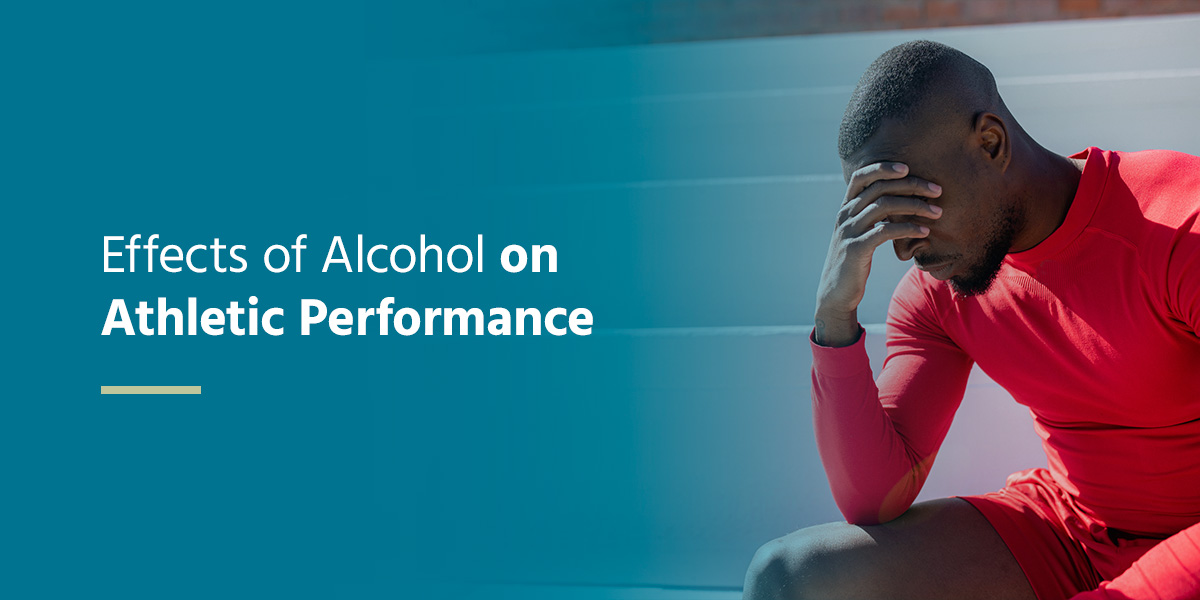Whether an athlete drinks to calm nerves, reduce pain after an event or even replenish carbs, alcohol consumption has a place in many training regimens. However, long- and short-term use of alcohol can affect most systems in the body, potentially leading to decreased performance and a greater risk of injury.
Alcohol and Athletic Performance
How alcohol impacts your sports performance will vary depending on how much you drink and your tolerance level. Certain kinds of alcohol or the amount you drink can erase the effects of your workout, reduce your endurance and lower your mental fortitude. Some areas of your body that alcohol can affect include:
Muscle Recovery
Muscle health is essential for successful athletic performance, and drinking alcohol can impact your training by:
- Impairing muscle growth: Long-term alcohol use can reduce protein synthesis to decrease muscle growth.
- Dehydrating your body: Alcohol is a diuretic that can cause your muscles to become dehydrated and put you at greater risk for strains or cramps.
- Depleting your energy: After your stomach and small intestine absorb the alcohol, it creates an imbalance of water in the cells that can reduce endurance levels.
- Slowing reaction times: Even a small amount of alcohol can slow your reactions and increase your risk of injury.
Memory
Performing at your best involves your mind just as much as your body. Alcohol can impair your hippocampus — the part of the brain that stores new memories — making it difficult for you to remember new plays or strategies before your big game. Since many memories form when you sleep and drinking alcohol affects your sleep cycle, your brain will be unable to process and store important information, leading to lower performance.
Nutrition
While alcohol does contain calories, your body cannot convert these calories to glycogen for fuel during exercise. Instead, your body converts the calories to fatty acids and stores them in fat tissues, increasing your body fat percentage. Additionally, alcohol on its own contains no vitamins or minerals, and it can prevent your body from absorbing nutrients such as vitamin B12 and folate.
Athletes and Alcohol Abuse
Athletes and alcohol often seem to go hand in hand — many alcoholic beverage companies sponsor athletic teams, and you often see advertisements for alcohol throughout a televised game. However, athletes can suffer from alcohol abuse like anyone else, and they are perhaps even more vulnerable due to the high amount of exposure to alcohol in the sports world. If you or someone you love is experiencing alcohol abuse, you are not alone, and help is available.
Learn More About Alcohol Rehabilitation
At Crest View Recovery Center, we want to help you achieve a happy, healthy and sober life. To learn more about our alcohol rehabilitation services at our Asheville, North Carolina, center, please call us at 866-986-1371 or complete our contact form today.





